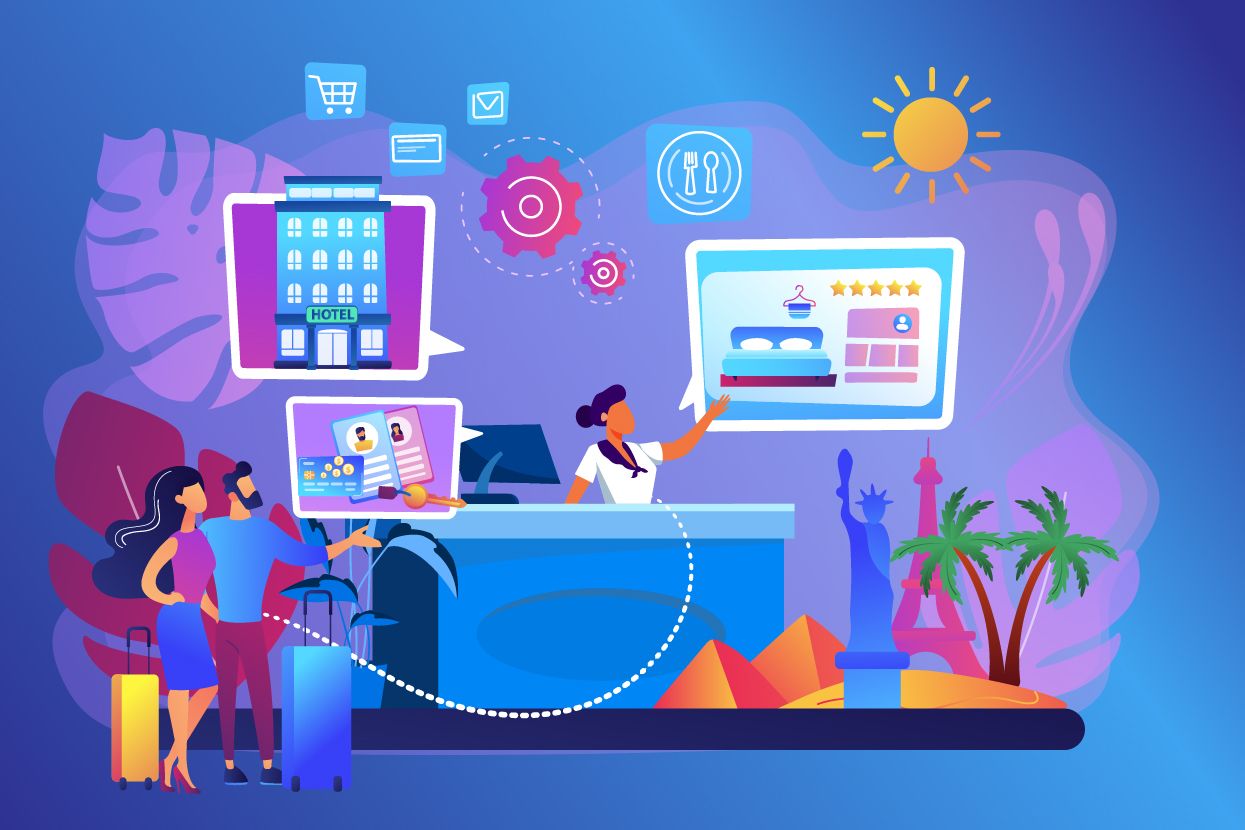
In today's fast-paced world, getting a good night's sleep can often seem like a luxury. However, for some people, sleep is not just a matter of convenience but a serious health issue that can impact their overall well-being and ability to perform their job. Research has found that certain professions have a higher prevalence of sleep disorders than others, making it crucial for people in these fields to pay extra attention to their sleep hygiene. Healthcare professionals, people who work in the transportation industry, and first responders are some of the high-risk professions for sleep disorders that are most frequently identified. In this blog, we will explore these and other occupations that may raise the risk of developing a sleep disorder, as well as possible causes. Whether you work in one of these industries or are simply interested in the impact of work on sleep, keep reading to learn more about the connection between occupation and sleep disorders.
A list of professions and how their work schedules can affect sleep:
Healthcare Workers:
Healthcare workers, such as doctors, nurses, and paramedics, often work long and unpredictable hours to care for patients. Their demanding schedules can lead to disruptions in their sleep patterns and circadian rhythm, causing sleep deprivation and other sleep disorders. For example, medical residents have been found to experience symptoms of insomnia, while nurses may report excessive daytime sleepiness.
Transportation Workers:

Individuals who work in the transportation industries, such as pilots, air traffic controllers, and truck drivers, are often required to work long hours and irregular shifts. This can disrupt their circadian rhythm, leading to sleep disorders such as shift work disorder and insomnia. A study published in the Journal of Occupational and Environmental Medicine found that 45% of air traffic controllers reported symptoms of sleep disorders, while another study found that 28% of truck drivers had obstructive sleep apnea, a condition that can cause fragmented sleep and excessive daytime sleepiness.
First Responders:

First responders, such as police officers and firefighters, are required to be available at all hours of the day and night to respond to emergencies. This can make it difficult for them to get sufficient restorative sleep, leading to sleep disorders such as insomnia and sleep apnea. Police officers have been found to experience symptoms of sleep disorders, while firefighters have higher rates of sleep disturbances compared to the general population.
IT Professionals:

Individuals in the technology industry, such as software developers and computer programmers, may work long hours and be on call outside of regular work hours. This can disrupt their sleep patterns and lead to sleep deprivation and insomnia. IT workers who work more than 60 hours a week have been found to have higher rates of insomnia compared to those who work fewer hours.
Hospitality Workers:

Hospitality workers, including hotel employees and restaurant staff, often work long and irregular hours, including late-night shifts. This can disrupt their sleep patterns and lead to sleep deprivation and insomnia. Hotel workers have been observed to exhibit signs of sleep problems, and night shift workers in restaurants are more likely to experience sleep disturbances than daytime workers.
Manufacturing Workers:

Shift workers in manufacturing industries, such as factory workers, often work overnight and irregular shifts. This can cause disruptions to their sleep patterns and lead to sleep disorders such as shift work disorder and insomnia. For example, shift workers in manufacturing industries have been found to have higher rates of insomnia compared to those who work regular daytime hours.
Overall, it's important to recognize that certain professions may be more prone to sleep disorders due to the nature of their work schedules. By understanding these challenges, individuals and organizations can take steps to promote better sleep hygiene and improve the well-being of workers in these industries.
In conclusion, sleep disorders are a significant issue in many professions, with certain industries having a higher prevalence than others. Healthcare workers, transportation professionals, first responders, IT professionals, hospitality workers, and manufacturing workers are just a few examples of occupations that may be at higher risk for sleep disorders due to long and irregular hours, shift work, and circadian rhythm disruptions. These sleep disorders not only affect the health and well-being of the workers but can also have an impact on job performance, safety, and public health. By raising awareness of the connection between occupation and sleep disorders, we can encourage employers and employees to prioritize sleep hygiene and create healthier work environments. Simple steps like establishing regular sleep schedules, taking breaks, and reducing exposure to blue light can go a long way in improving sleep and promoting overall health and well-being.







